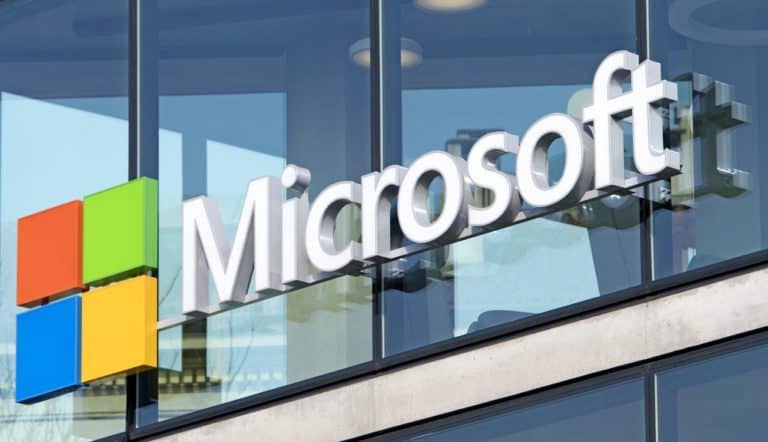Microsoft has clearly set its sights on a slice of the 5G network market cake. The tech giant recently acquired the software specialist in the field of infrastructure management for mobile operators Affirmed Networks. Microsoft’s public cloud Azure, in particular, should benefit from this.
As a result of the acquisition – of which the financial details have obviously not been made public – the tech giant gains control of a software company that is important for the network management of many mobile operators. The company supplies the cloud-based software platform UnityCloud for this purpose.
With UnityCloud end users can use tools to automatically scale up or down network capacity depending on demand. In addition, the platform monitors mobile networks to detect possible problems. The platform also enables operators to roll out new functionality without downtime.
Support 5G
What makes the purchase of Affirmed Networks by Microsoft even more interesting is that the cloud platform also supports 5G. Important feature it offers is that it enables network slicing. This allows operators to roll out different virtual networks on their network infrastructure and optimise each virtual network for a different application. Network slicing is especially useful for IoT applications.
Expand possibilities of Azure
More specifically, Microsoft announces that it will use Affirmed Networks’ technology for Azure. With the acquired technology, the tech giant wants to deliver solutions that enable operators to run their (5G) network workloads in a cloud environment. And, of course, in Azure’s own public cloud. This should ultimately provide operators with more innovation and efficiency for their 5G networks.
Fierce competition
Of course, Microsoft is not the only party who wants a piece of the 5G cake. The other public clouds, AWS with AWS Wavelength, which provides AWS compute and storage options for telecom operators, and Google Cloud with the Anthos for Telecom platform are also large players on the market.
There are also the traditional infrastructure providers who see chances in this. Think, for example, of HPE, which recently launched its 5G Core Stack on the market. This gives telecom operators building blocks with which they can set up their 5G network infrastructures.
There is also South Korean company Samsung, which is not only an important player for 5G as a smartphone manufacturer, but also wants to be active in the network infrastructure. To this end, it took over the consultants of TeleWorld Solutions at the beginning of this year. Among other things, they offer services in the field of 5G network design.
